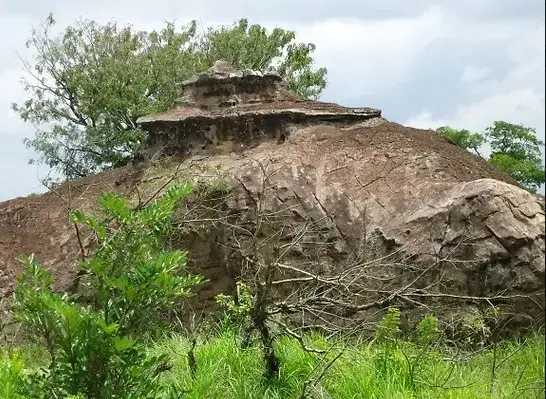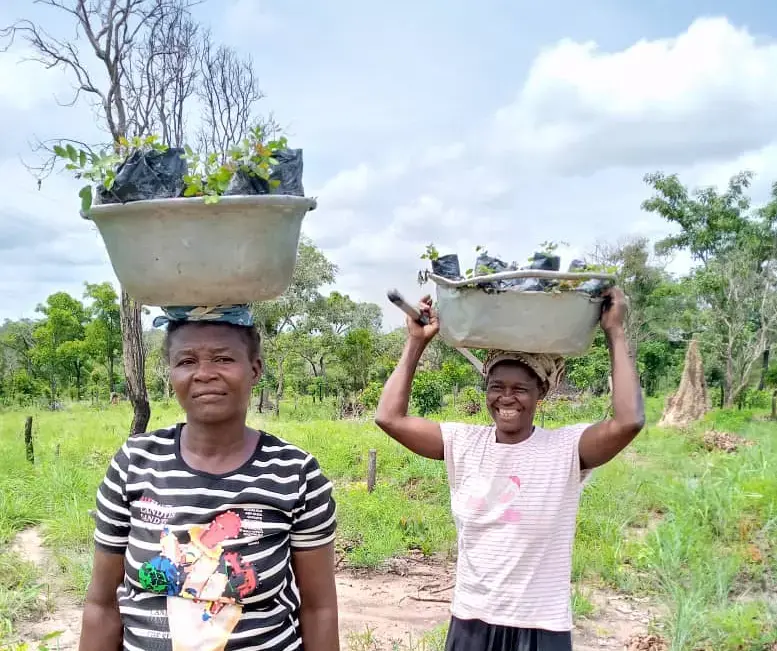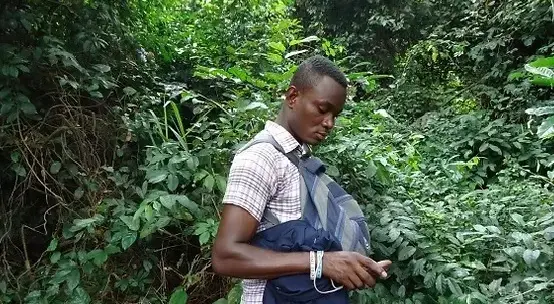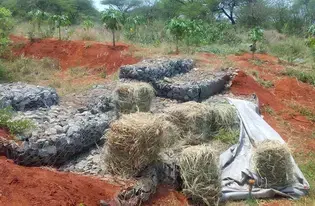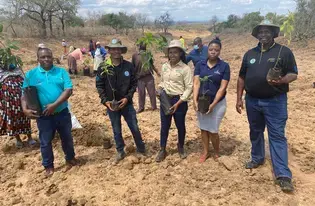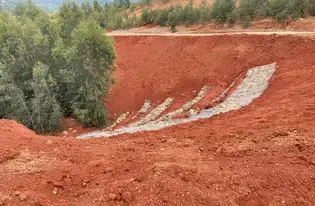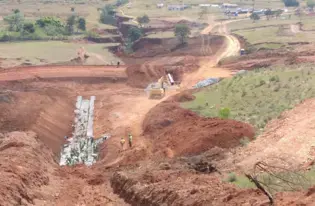Like many countries, climate change is having a significant impact in Ghana. The World Bank’s recent Country Climate and Development Report estimates that climate shocks could increase poverty rates in the country by 1 to 2 percent by 2050, the equivalent of around 1 million people. If urgent action is not taken, incomes for poor households could be reduced by up to 40% by the middle of the century.
Today, flooding already affects around 45,000 Ghanaians annually, and half of the nation’s coastline is vulnerable to erosion and flooding. Higher temperatures and heat stress will affect crop and labor productivity, and more erratic rainfall patterns will damage buildings and infrastructure. Land degradation, water insecurity and local air pollution will also hamper human capital and productivity.
In recent years, Ghana has also experienced large-scale deforestation due to the expansions of farmland as well as the cutting down of trees for firewood and charcoal production. According to the World Bank report, the cost of addressing climate change will be between US $2-3 billion a year through 2050, which is equivalent to 2% to 3% of total GDP.
These challenges, however, can be transformed into opportunities for a more prosperous and stable future by making investments in a green, resilient, and inclusive economy today. That is what the Sustainable Agroforestry Initiative (SAFI) is striving towards.
SAFI is a non-profit organization founded in 2008 to restore forests and improve food and income security in Ghana. With a passionate team of volunteers (90% of whom are women), the organization runs socially responsive programs that involve communities in the sustainable use of natural resources while maintaining ecological, economic and social integrity for present and future generations.
Through SAFI’s Sustainable Wood Fuel project, the organization has reduced deforestation caused by charcoal production by strengthening the livelihoods and climate resilience of approximately 20,000 people. It has also helped to establish plantations for charcoal production by partnering with local leaders.
By raising awareness about sustainable charcoal production and environmental sustainability, SAFI has managed to convince charcoal producers to stop using new vegetation and immature trees for charcoal and instead use dead and fallen trees.
In partnership with the Ghana National Fire Service, Ministry of Food and Agriculture (MOFA), KNUST Faculty of Forest Resources Technology, and traditional leaders in the Chiraa community, SAFI has also raised environmental awareness and provided training in sustainable farming and wildfire management.
Through a partnership with Ghana Forest, SAFI has received support from TerraFund for AFR100, an initiative of World Resources Institute, One Tree Planted, and Realize Impact that finances Africa's top restoration enterprises and projects.
With this funding, SAFI is planting trees in degraded forests and promoting natural regeneration and enrichment planting across Ghana’s Black Volta Basin. The organization is also preventing wildfires to help native vegetation grow back and protect biodiversity.
To date, 100 hectares of land have been planted with new trees, and 200 women and men are working to restore 300 hectares of various landscapes.
Samuel Kwadwo Nsiah, the founder of SAFI, says that the project is not only good for the environment, but provides economic benefits to the community as well.
“The community responded positively, and they began initiatives to improve the activities. The project is truly community-led, with local people in charge of activities including land surveys, land declaration, and tree planting. As a result, the community receives an income and is able to pay school fees for their children and purchase food and electricity,” Samuel says.
The funding is expected to make a significant contribution to the organization's vision. SAFI aims to restore a further 100 hectares of land, raise 50,000 seedlings and source an additional 70,000 from neighboring communities.
Over the next three years, the organization aims to expand the project to plant 100,000 trees, as well as motivate the local community to continue planting efforts.
By pursuing these goals, the Sustainability Agroforestry Initiative seeks to make a significant contribution towards achieving the AFR100 targets and promoting sustainable land use practices in the region.
